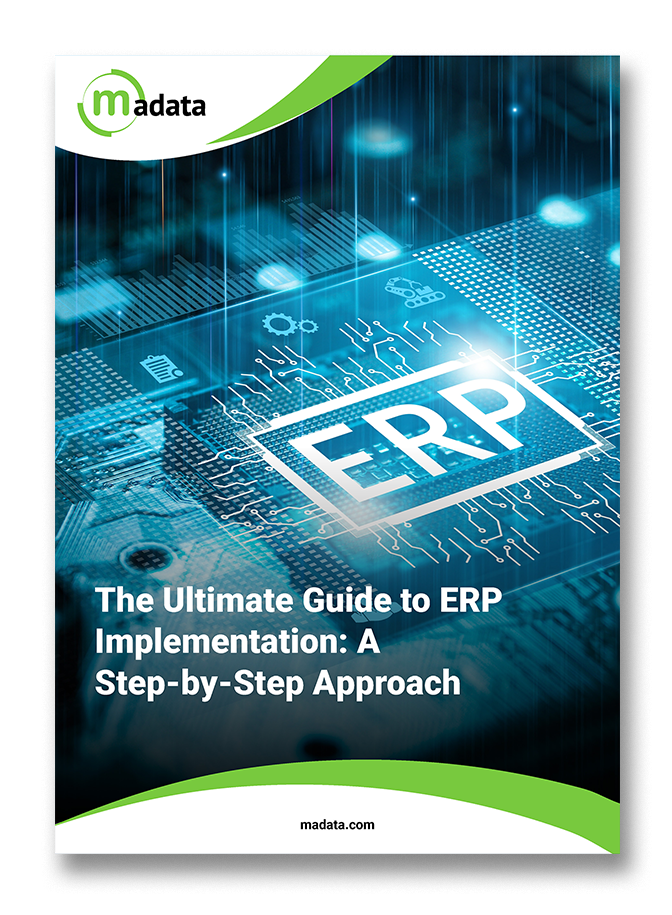Implementing SAP ERP is a complex process that requires careful planning, customization, and ongoing support. At Madata, we follow a structured approach to ensure a successful deployment that aligns with your business goals. In this section, we’ll take a deeper look into our process.
Needs Assessment and Planning
The implementation journey begins with a thorough needs assessment. Madata’s consultants work closely with your team to understand your business’s unique challenges, current workflows, and long-term objectives.
Based on this assessment, we develop a detailed implementation plan that outlines the project scope, timeline, resources, and key milestones.
Customization and Configuration
Once the plan is in place, our team configures the SAP ERP system to fit your specific requirements. This phase includes customizing workflows, setting up user roles and permissions, and ensuring all integrations function seamlessly.
Our goal is to ensure that the ERP solution supports your current operations and is flexible enough to accommodate future growth.
Training and Support
User adoption is critical to the success of any ERP implementation. We provide comprehensive training programs tailored to different roles within your organization, ensuring that your team is fully equipped to use the system effectively.
After go-live, our support doesn’t end—we offer ongoing assistance and optimization services to ensure your ERP system continues to deliver value.
Case Studies/Client Success Stories
HEMA Group, a leader in the food and retail industry, sought to implement an ERP system to streamline their operations and improve financial consolidation across their multiple business divisions. Madata took on the challenge and successfully implemented SAP Business One on HANA, customizing it to meet HEMA’s specific needs.
The implementation reduced month-end closing times and resulted in a more efficient daily operation. SAP Business One now operates seamlessly within HEMA Group’s food division, providing consolidated financial management for the entire organization. With the system in place, HEMA Group has achieved:
- Connection with multiple systems: Integrated with various ERPs, including the stores' point-of-sale system, Alchisa’s ERP, and Dimanor’s ERP.
- Standardized processes: SAP has enabled the group to standardize processes across different business units, enhancing operational consistency.
- Future scalability: With SAP Business One as the backbone, HEMA is now well-positioned to implement a Business Intelligence system in the future for better, data-driven decision-making.
The project was completed in only eight months and involved integrating three separate ERP systems. Madata’s expertise ensured that HEMA Group could maximize the benefits of their new ERP solution, setting them up for ongoing success.










